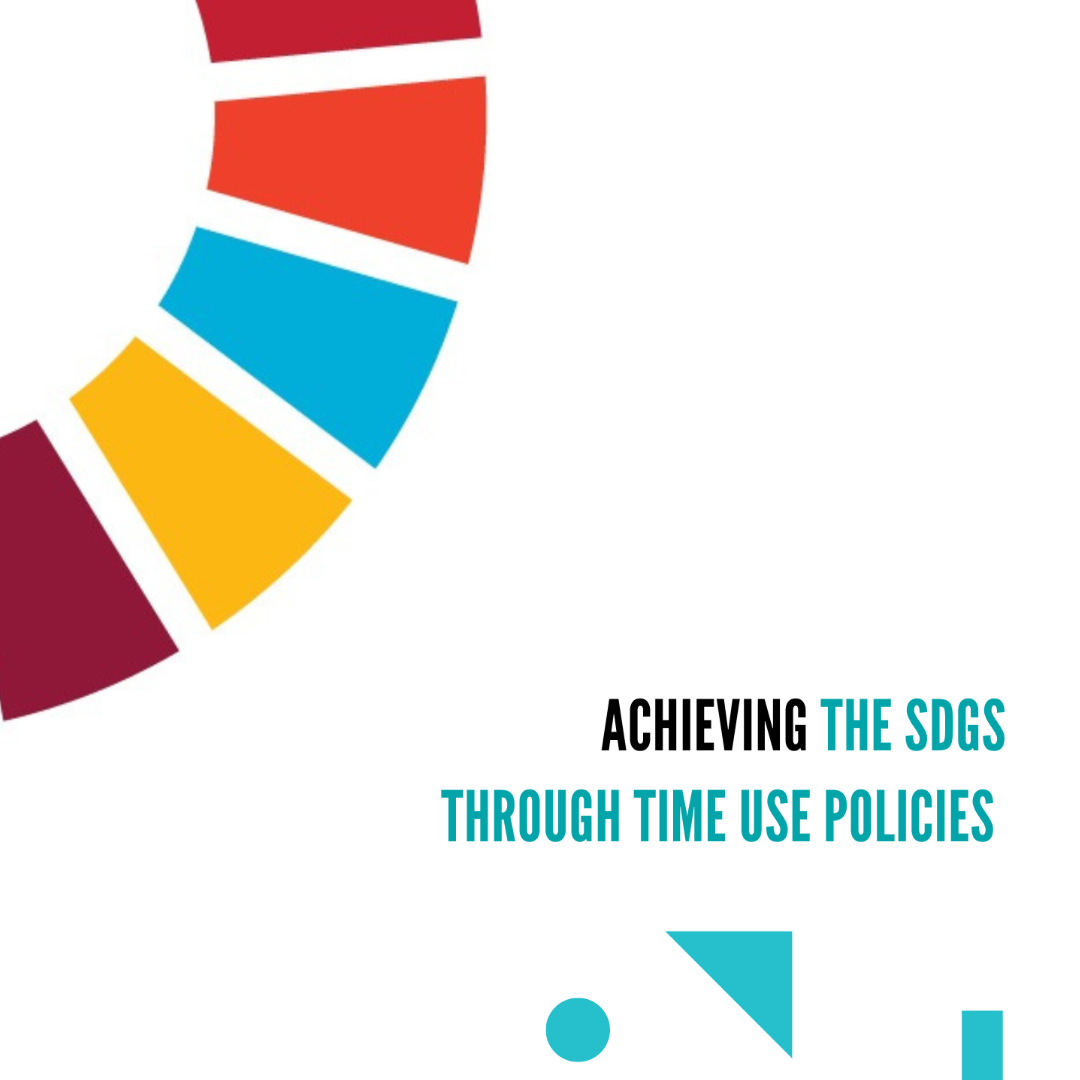
Achieving the SDGs through Time Use Policies
Implementing time policies is one way to contribute significantly to the achievement of SDGs, either individually or collectively. Here are 5 time levers to contribute to the SDGs and improve our health:
The TUI is committed towards rising awareness on time policies and the right to time. As part of such a work, it has published or participated in several publications. They include those related with the Local and Regional Governments Time Network, coordinated by the TUI as its Secretariat.

Implementing time policies is one way to contribute significantly to the achievement of SDGs, either individually or collectively. Here are 5 time levers to contribute to the SDGs and improve our health:
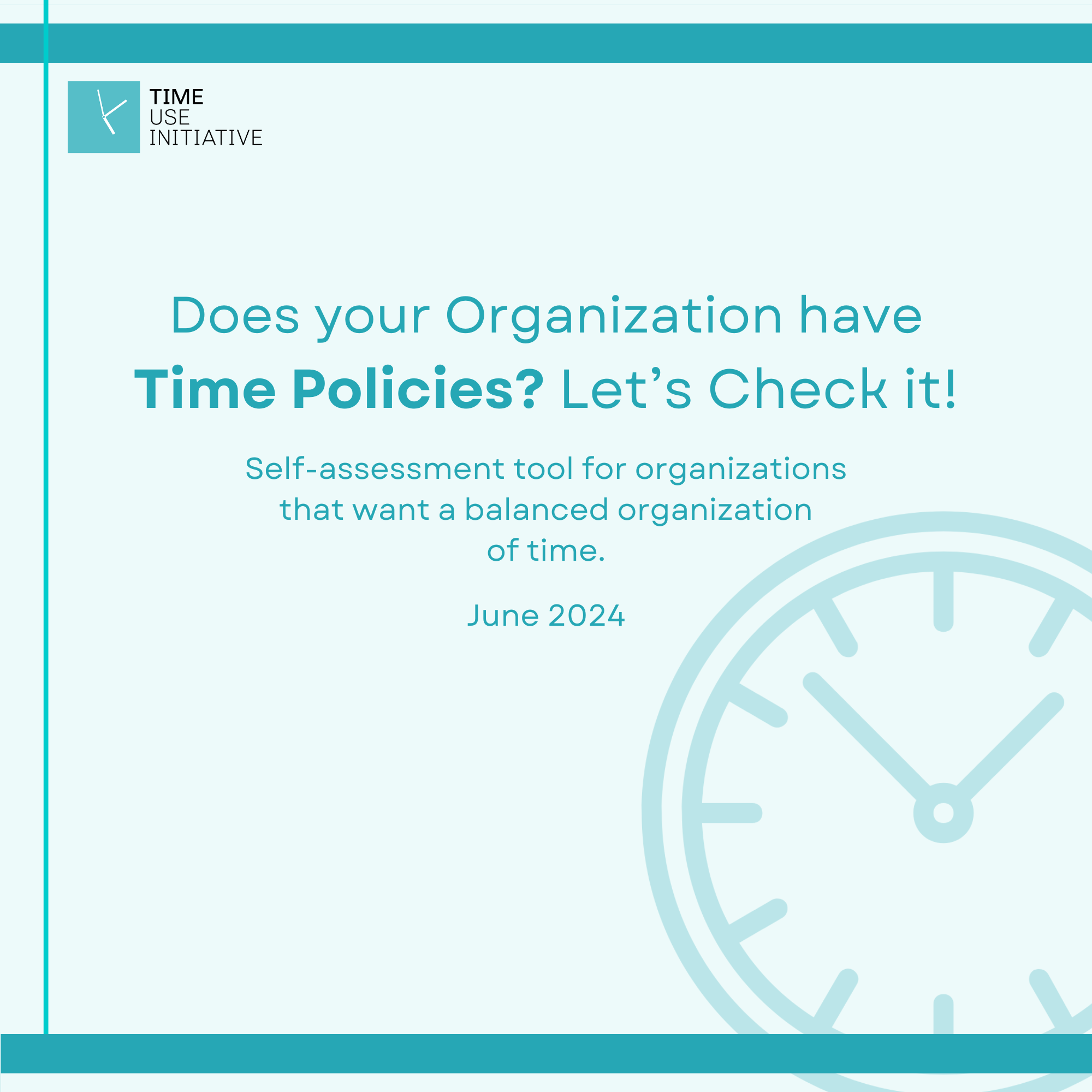
The Self-Assessment Tool for Organizations is a diagnostic tool designed to evaluate and enhance time management practices within an organization. It aims to identify strengths and areas of improvement for how an organization manages time, promotes work-life balance and enhances employee well-being.
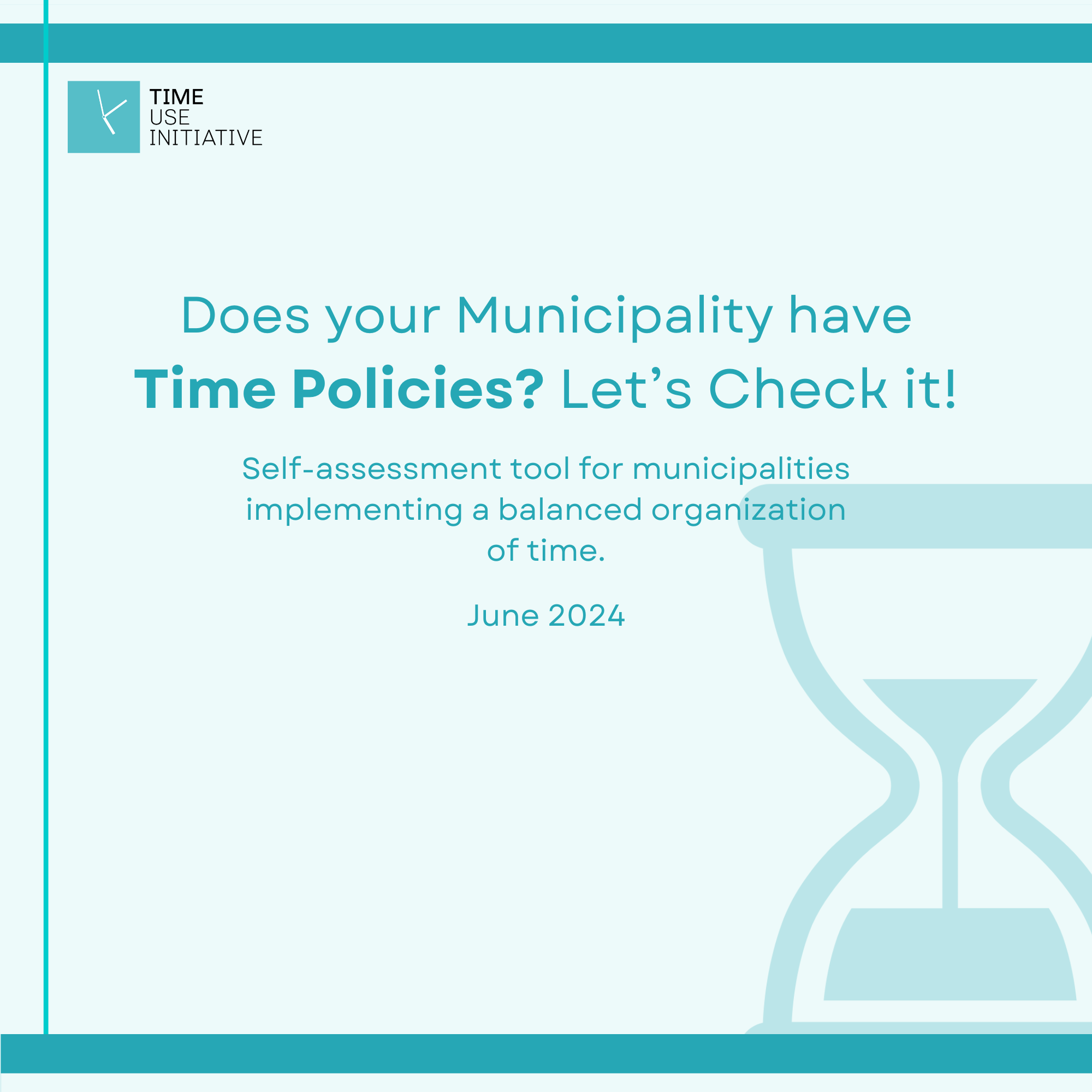
The Self-Assessment Tool for Municipalities is a diagnostic tool designed to evaluate and enhance time management practices within a local government. It aims to identify strengths and areas of improvement in the way time is managed within public policy; covering various domains such as gender equality, mobility, business time organization, education, night-time policies, democracy and citizen services, leisure and culture and internal municipal policies.
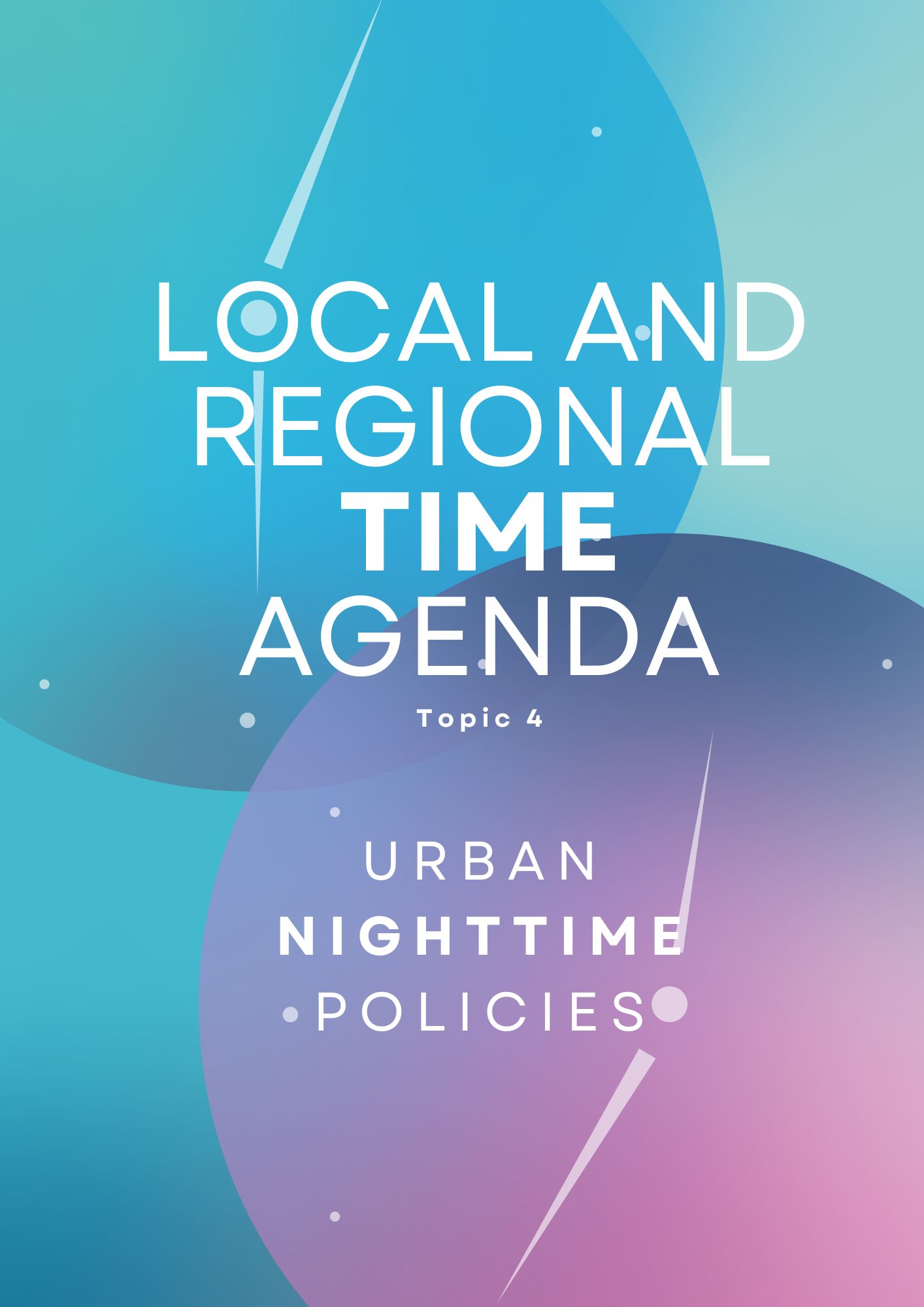
Fourth chapter of the Local and Regional Time Agenda on urban nighttime policies. It compiles inspiration cases of local and regional time policies aimed at governing the urban night — from Night Mayors to granting equal access to night leisure or neighbours’ right to rest.
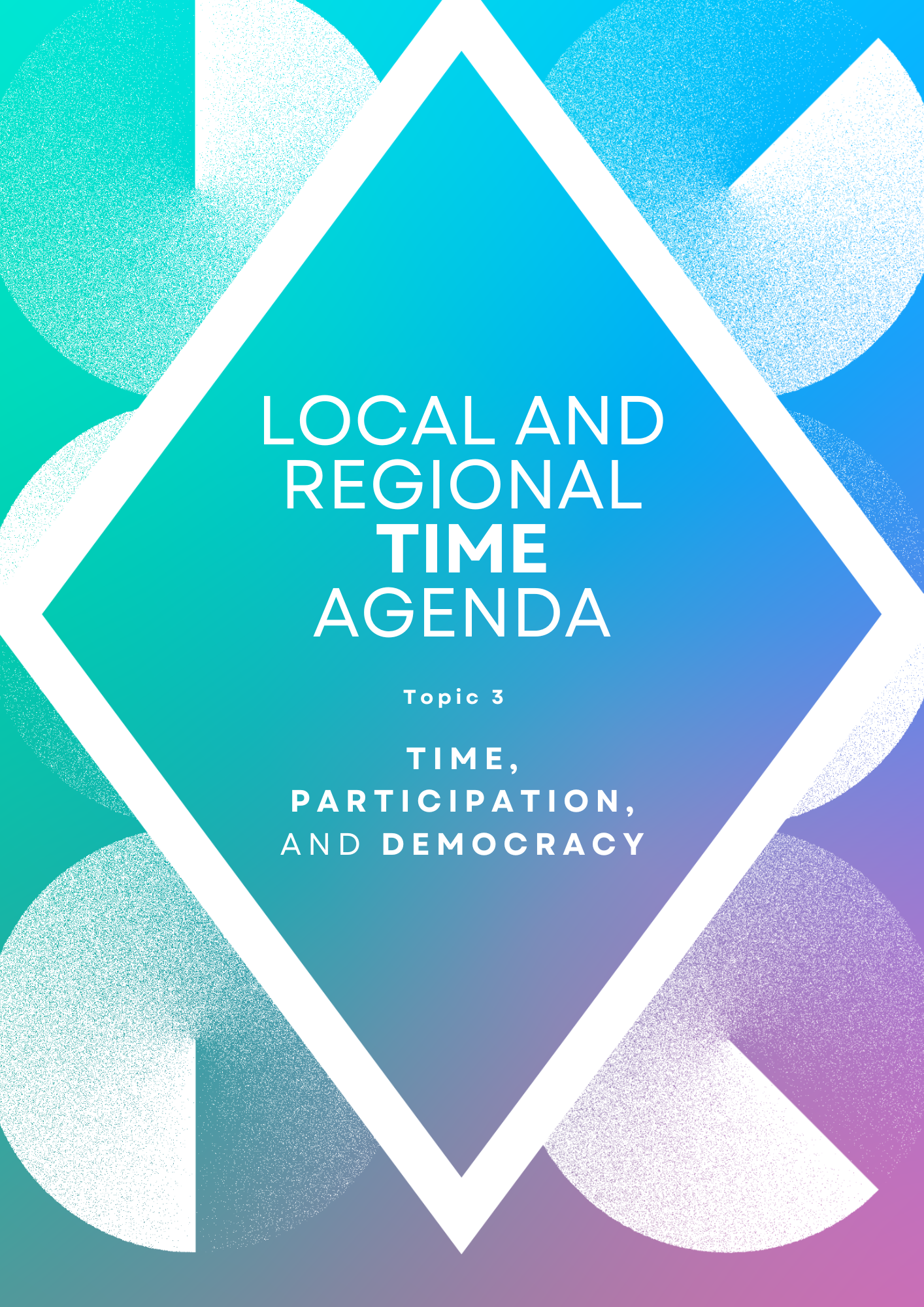
Third topic of the Local and Regional Time Agenda on participation and democracy. It compiles inspiration cases of local and regional time policies aimed at increasing civic participation in its different forms —digitally, creating a closer public administration, consolidating neighbourhoods, etc.

This publication is only available in Catalan and Spanish.

The ways in which we live and work have undergone profound changes in the last century, and society, and its productive and social fabric, are

In the 21st Century, economic, ecological, and social policies can only become sustainable when systemically enriched with time policies for better care opportunities for men
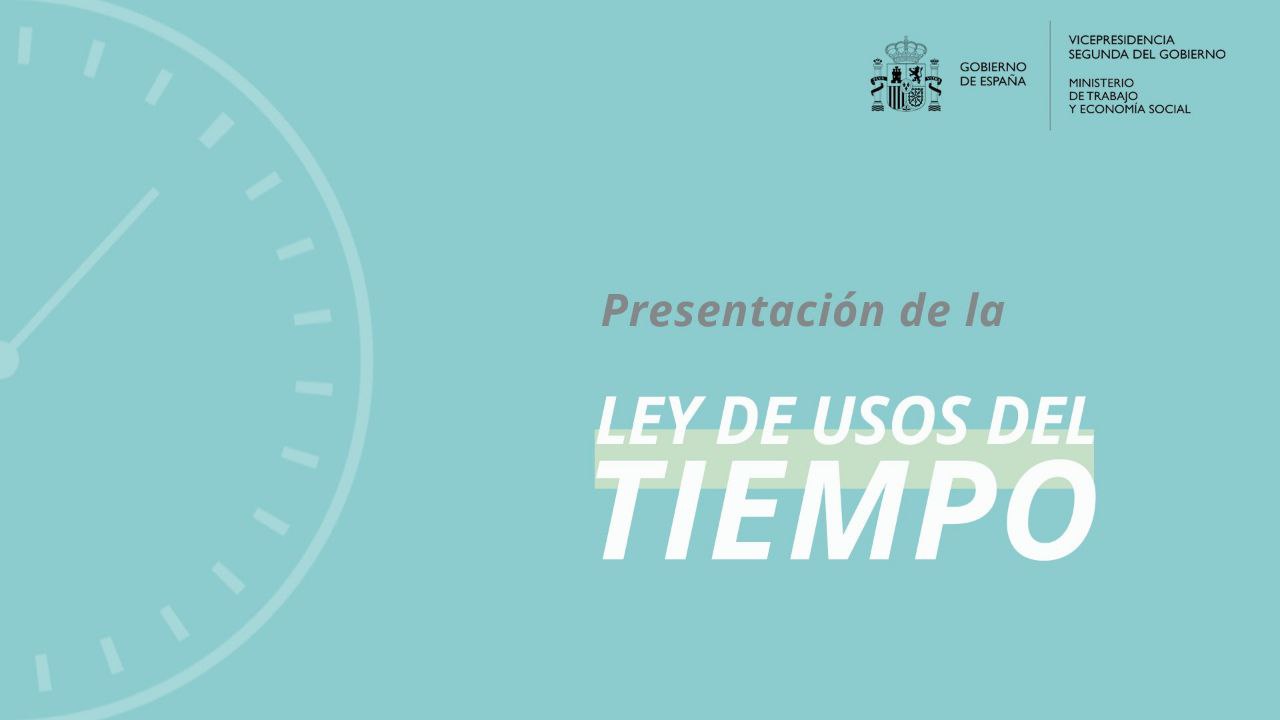
This content is only available in Spanish. Read the Study
This publication is only available in Catalan and Spanish.

Second topic of the Local and Regional Time Agenda on mobility and sustainability. It compiles inspiration cases of local and regional time policies aimed at increasing urban resilience.

First topic of the Local and Regional Time Agenda on life balance. It compiles inspiration cases of local and regional time policies aimed at improving work, care, rest, and personal times.
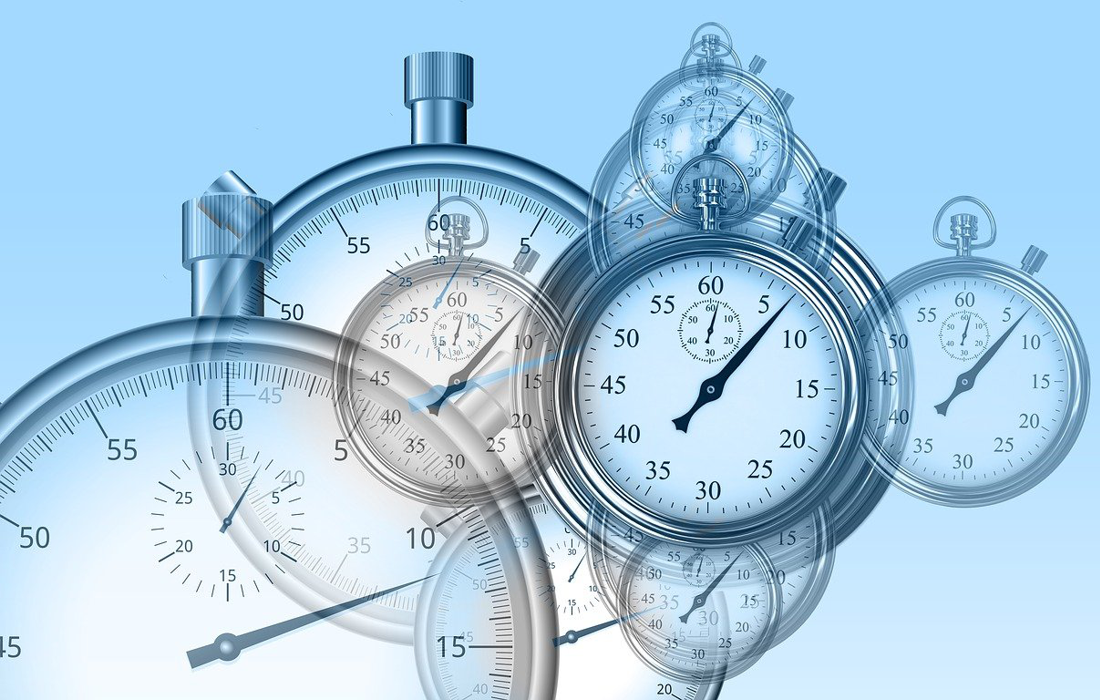
Contributions and conclusions from three international debates on experience of urban time policies based on the management of time. Co-designed between DIPLOCAT and BTUI.

Read the full infographic The main objective of the reduction of working hours is to give workers the possibility of having more time of their